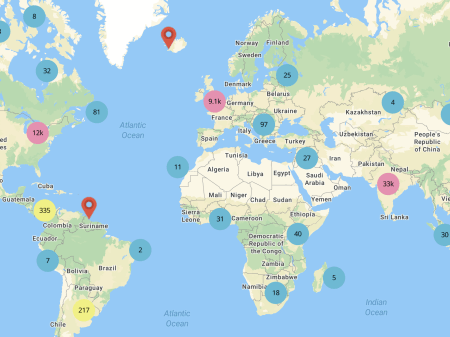Cooperatives are a growing and sustainable form of enterprise, a unique business model that puts people at the centre of development.
United Nations Secretary-General Ban Ki-moon, on the occasion of the 2016 International Day of Co-operatives, July 2nd 2016, said: “I urge Governments to create an enabling environment for cooperatives to thrive and grow. Let us harness the power of co-operatives to achieve the SDGs and create a world of dignity and opportunity for all."
Co-operatives allow members to have control over and localise their revenues, enjoy quality jobs, and meet their needs, all from a care-for-community perspective. Co-ops provide a platform for people to unite as businessmen and women.
In a co-op, people provide in elementary needs not only to live, but also to conduct business, such as access to water, quality food, dependable energy and empowering communications. Co-operatives are a sustainable way, to create a world of dignity and opportunity.
Co-operatives are unique in that they combine economic success with democratic governance and concern for community. This makes co-ops significant social and economic actors. Co-ops create over 250 million jobs. By actively engaging co-operatives around the world to make a specific measurable pledge toward the United Nations' Sustainable Development Goals, the Alliance demonstrates that co-ops actually put their business where their values are - We Walk the Talk!
At an individual company level, cooperative employment reveals distinctive characteristics - a combination of economic rationale, a quest for efficiency, shared flexibility, a sense of participation, a family-type environment, pride and reputation, a strong sense of identity and a focus on values. This mix of characteristics has been shown to be both a cause and a consequence of the economic sustainability of co-operatives.
At world trade level, co-operatives, as economic operators, have been involved in global supply chains since their origins. The co-operative business model itself was born as a way to shorten supply chains, eliminating intermediaries, either by aggregating producers (e.g. farmer-owned agricultural co-operatives) or consumers (e.g. consumer-owned food retail co-operatives). The major difference between co-operatives and other business models in terms of supply chain intervention is that co-operatives integrate their values and principles into those supply chains, and not just to reap the economic benefits.
Now that world leaders have adopted the UN Sustainable Development Goals, it’s time for our movement to evaluate the ways we improve equality, end poverty and care for the environment, while succeeding as businesses.




